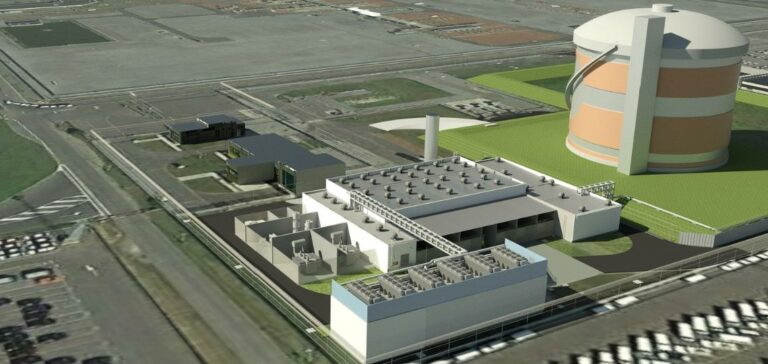Virya Energy has confirmed the closing of financing for Belgium’s first green hydrogen plant, located in Zeebrugge.
The project, known as Hyoffwind, is a key pillar in the country’s energy strategy, aimed at reducing dependence on liquefied natural gas (LNG) imports and promoting renewable energies.
The project aims to start producing green hydrogen in 2026, with a target reduction of 25,000 tonnes of CO2 per year.
This initiative is crucial to the development of hydrogen ecosystems in the Benelux and to meeting the European Union’s carbon neutrality targets by 2030.
Strategic Partnerships and Collaborations
The Hyoffwind project brings together a strategic consortium including Hyoffgreen, Messer, John Cockerill and Besix.
These partners bring a wide range of complementary expertise to the project, which is vital to its success.
The collaboration between these players strengthens Belgium’s ability to develop its green hydrogen sector.
These alliances are crucial to tackling the technical and economic challenges of green hydrogen production.
By pooling their resources, the partners are committed to overcoming obstacles and optimizing production processes.
Green Hydrogen Challenges and Opportunities
The production of green hydrogen, while advantageous, poses challenges in terms of cost and energy efficiency.
Experts stress the need to make current processes more efficient to maximize environmental benefits.
However, Hyoffwind represents a significant step towards energy transition. The European Union plans to produce and import 10 million tonnes of renewable hydrogen by 2030, and projects like Hyoffwind are essential to achieving these ambitious goals.
The success of this initiative could serve as a model for other similar projects across Europe, accelerating the transition to a low-carbon economy.
Impact and future prospects
The finalization of funding for Hyoffwind marks a major step forward for Belgium’s energy autonomy.
By overcoming current challenges, green hydrogen could play a central role in the decarbonization of the European economy.
Hyoffwind’s success could inspire other projects, strengthening Europe’s position as a world leader in renewable energies.






















